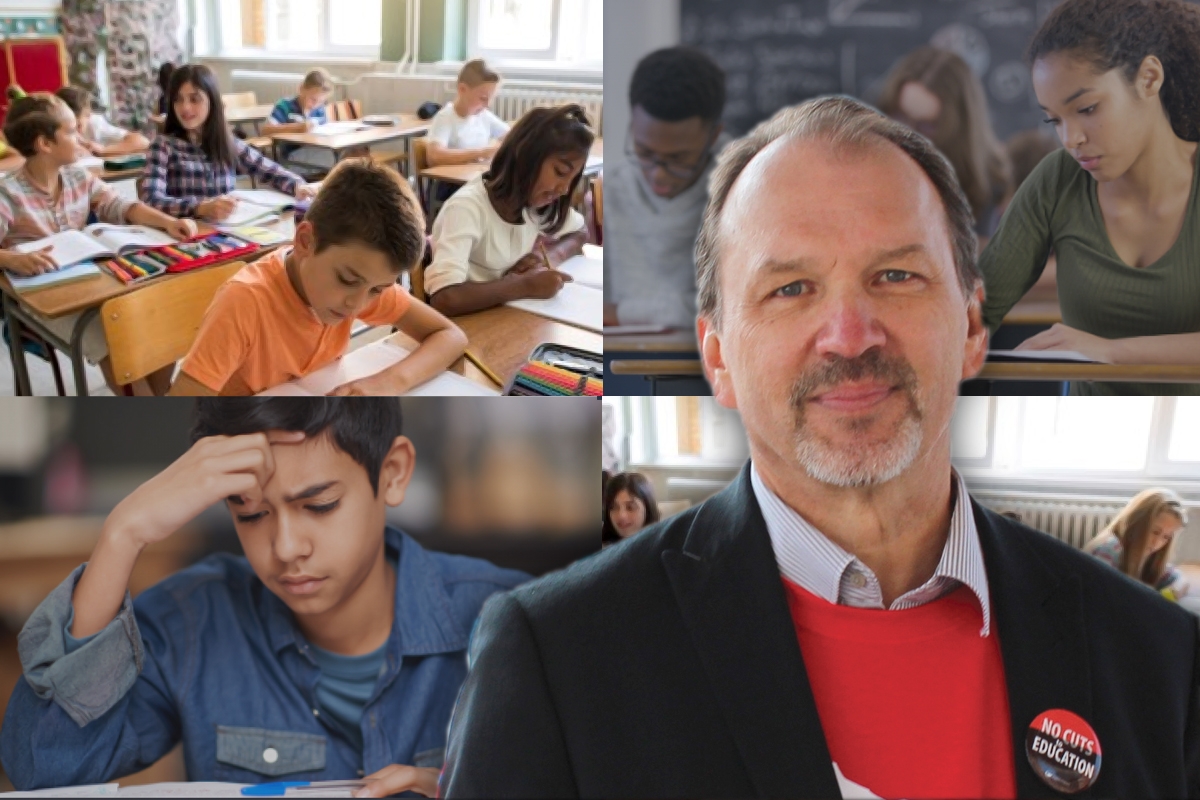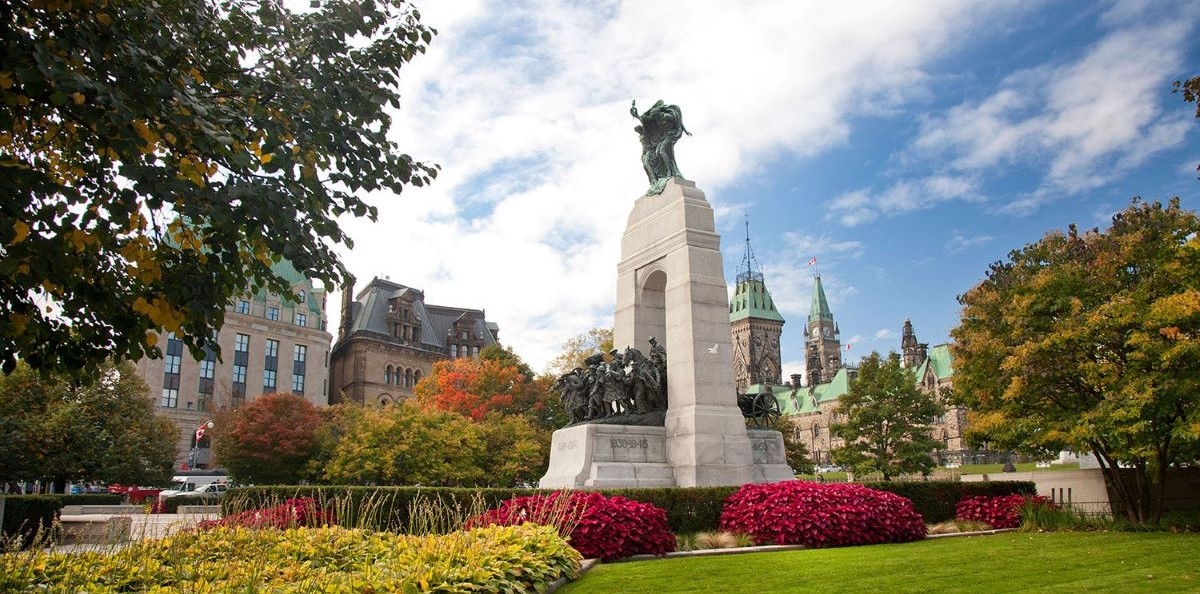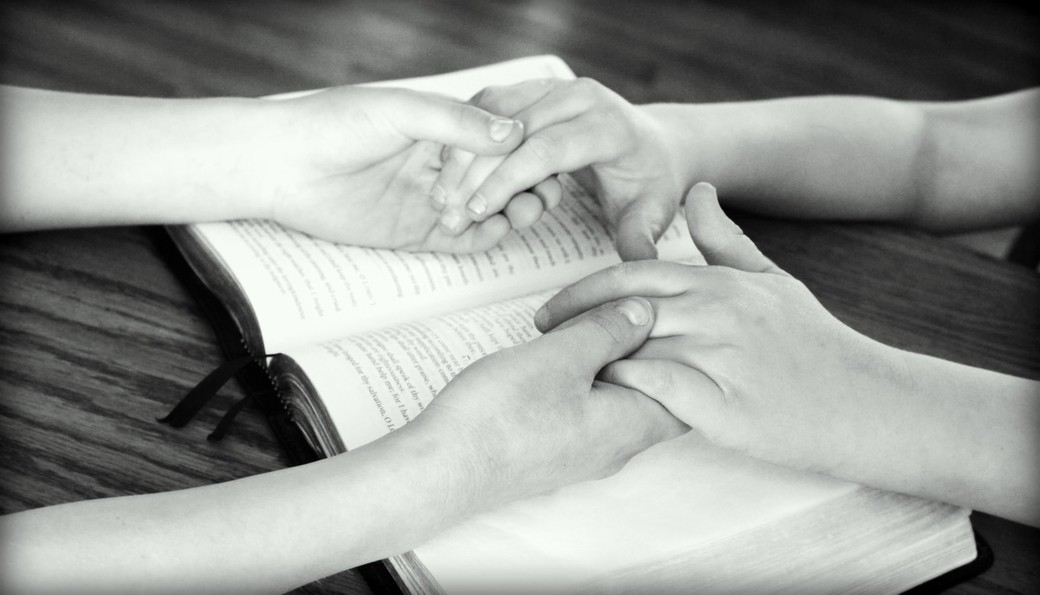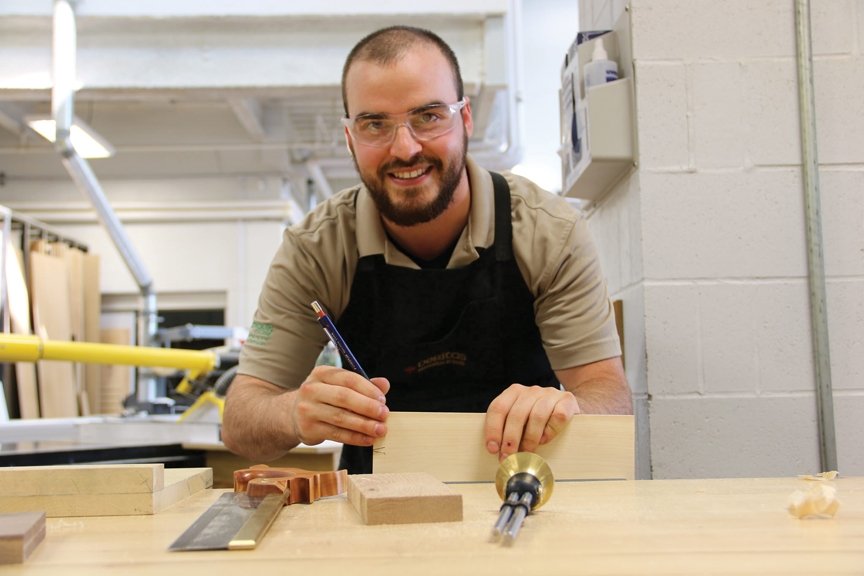
Education in Ontario: Where we are and where we need to go
Above: Ontario Secondary School Teachers’ Federation (OSSTF) President, Harvey Bischof
Despite all the challenges the Ontario public education system has faced this year it is still regarded as one of the best in the world. According to data on student achievement from the Organization of Economic Cooperation and Development, which ranks the quality, equity and efficiency of school systems, Ontario ranks seventh out of the organization’s 63 member countries across the globe.
Ontario Secondary School Teachers’ Federation (OSSTF) President, Harvey Bischof, says he is proud of the province’s education system and has experienced the impact it makes on the lives of children in Ontario first-hand. With many years of teaching and advocacy for public education in Ontario under his belt, Harvey has a lot to share when it comes to explaining the current state of system, it’s benefits and also what needs to happen to make sure it continues to rank as one of the top education systems in the world.
OLM: How would you describe education in Ontario?
Bischof: I have long described it as the great democratizer. It’s where we give kids their best opportunities at an equitable shot at success in the province. It is not perfect in any regard and we should always look to make improvements, but we shouldn’t ever loose sight of that fact that it is an excellent system that, for the most part, serves kids and the broader society extremely well.
OLM: What sets it apart from other provinces in Canada and countries around the world?
Bischof: What makes it stack up so well in the world is a number of things. One of the things is that there has been a focus on shrinking the gaps between kids at opposite ends of the socioeconomic spectrum and between kids who are new Canadians as compared to kids with families that have been here for generations. We’ve shrunk those achievement gaps very significantly and over the last decade and a half we’ve raised graduation rates by 20 per cent. There are that many more students prepared to move on to post secondary or to take up a skilled trades apprenticeship. That supports Ontario in a variety of ways but including economically where Ontario competes in the world on the basis of our high-quality graduates. The fact that we turn out so many of those is good for everyone.
OLM: Are there any areas where you feel the Ontario public education system falls short?
Bischof: A very significant area for me is there has been a move to inclusion of almost all students in regular classrooms without the necessary supports and without having fully thought through all of the implications. Absolutely, there were kids in the past who were improperly excluded from regular classrooms who just needed to appropriate supports in order to succeed in those classes. But what we have now is this move to inclusion without sufficient support. One of the by-products of that, and it’s not the sole cause of this, but we’re seeing a massive rise in violent incidents in our classrooms. Education workers and teachers both have been subject to physical and psychological trauma that arises from that. It has an affect on the students in the classroom as well who are witness to or potentially subject to these kinds of actions. There needs to be much more careful thought given to the appropriate supports required for inclusion in our classes.
OLM: What needs to happen in Ontario to ensure the public education system is the best it can be?
Bischof: With recognition that we do have an excellent system I would say that there is still work to do. There are always improvements that can be made in curriculum and in terms of pursuing evidence supported approaches to education. Teaching will always be partly an art because you are working with the multifaceted nature of human interaction. There will never be a flow chart that you can follow in all circumstances, but we have to have a good sense of what provides the best bets. Sometimes I think we’ve gotten caught in the pursuit of things that don’t have a sufficient evidence basis.
It also has to be prioritized as one of the most significant public services that this province provides. That service isn’t just provided to the students who are in our charge. It is provided to the entire civic and economic life of the province and therefore it needs to be treated in that fashion. It is the wrong place to look for short-term, short-sighted cost cutting approaches.
OLM: What challenges will we have to face in public education in the coming years?
Bischof: Everything at this point is massively uncertain. We are in a period of global crisis which means that we will be facing fiscal challenges all around the world as a result of this pandemic that we’re only at the very front end of. I hope that we do not loose sight of the investment value of education and we cannot start thinking of it as a mere expense. We have to recognize that the money we put into education turns on its investment.
We don’t yet have a deal [with the current government] and we will at some point have to address that but I’d say our immediate focus right now just has to be on mitigating the crisis and keeping people safe and then we can turn our attention elsewhere.
OLM: Any last thoughts?
Bischof: What I would add is that for the system to remain excellent collaboration is required between all levels involved in education. That includes government, the ministry of education, school boards and school board associations, but it absolutely also includes the education unions who are the legitimate voice of educators of all kinds. We cannot have education policy being made simply by government dictate that will undo the progress that we have made over the last decade and a half and we need to guard against that approach.









